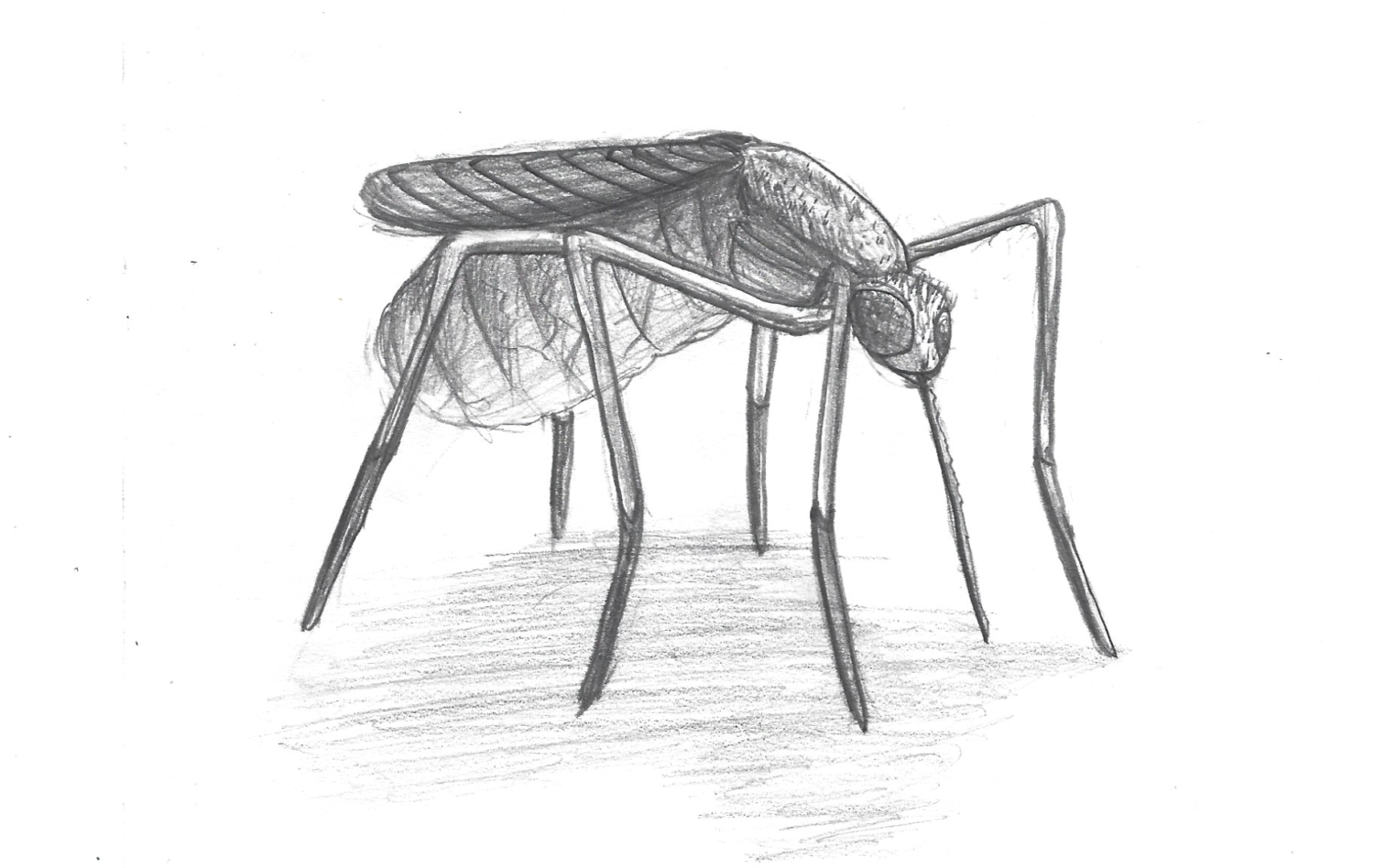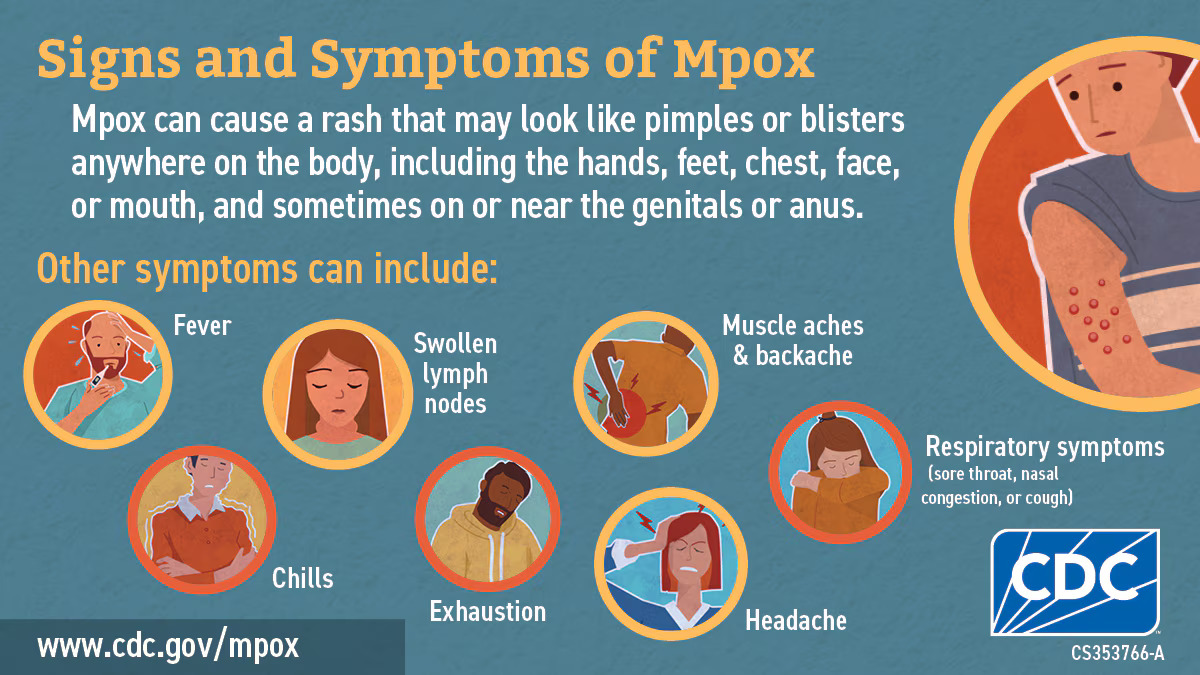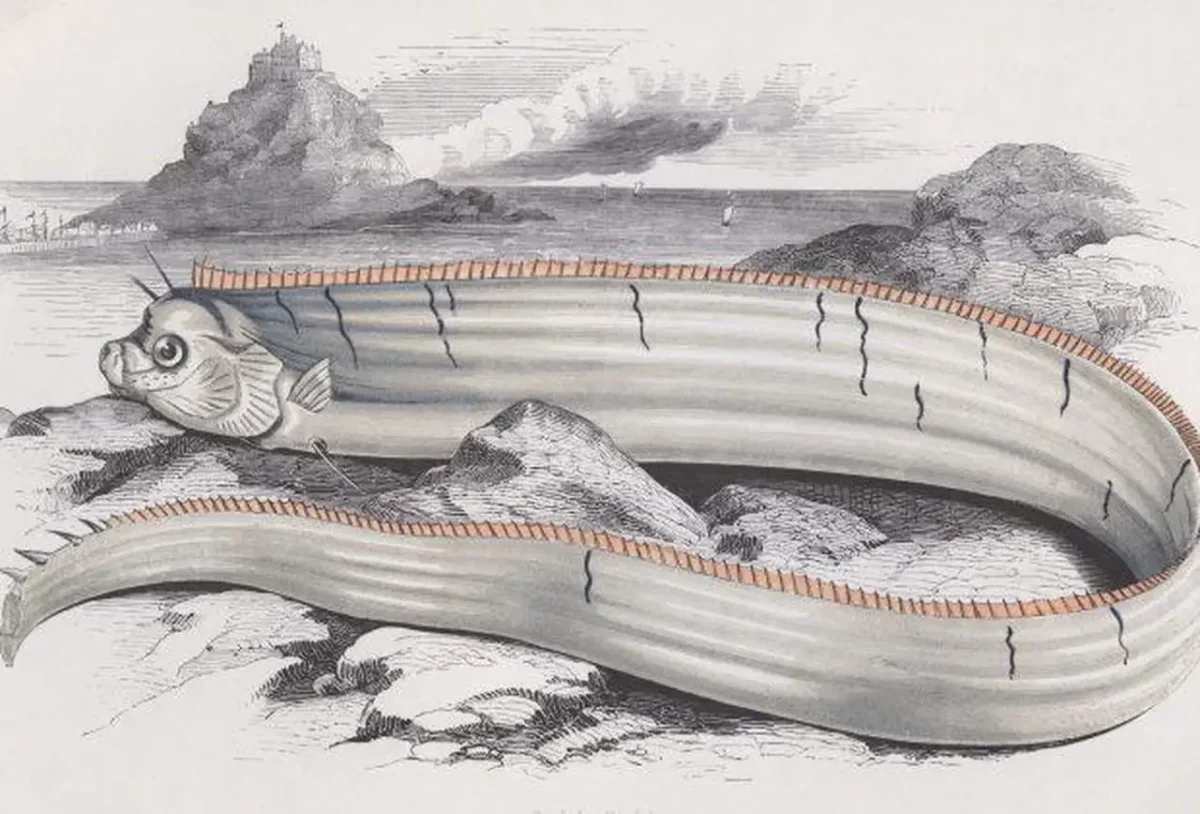Female mosquitoes are generally attracted to all humans but will target humans with certain characteristics more than others, making them “mosquito magnets.”
Scientists conducted a research to see what scent mosquitoes are more attracted to. They wanted to test out the theory of whether factors such as eating garlic or bananas, blood type, or blood sugar level makes humans more attractive to mosquitos than others.
The goal of the research is for scientists to find a way to improve mosquito repellents and figure out what it is about certain humans that make mosquitos more attracted to them than the rest.
The research started by testing every participant against each other. They used a contraption which is a chamber and divided it into two tubes. The two tubes ended in a box that held a stocking. In the chamber, they put in two stockings from the participants and a species of mosquito called Aedes aegypti, which is the most important mosquito they wanted to test. They put the nylon on either end to see where the mosquitoes would go, the one on the left or the right.
One of their participants, Subject 33, was the most popular. The mosquitoes would flock to Subject 33’s stockings more than the rest and the scientists stated that it was really obvious. Within a few seconds, the mosquitoes would flock to Subject 33’s stockings as soon as they dropped them in.
After this experiment, they used many different techniques to figure out what made Subject 33 and other high-ranking participants that the mosquitoes flocked to more attractive than the ones who the mosquitoes didn’t care about at all.
The researchers discovered that there was a certain substance in a person’s sebum, which is the oils on the skin and face that helps protect the skin, that makes certain people more attractive to mosquitoes. The substance in sebum reacts with the bacteria on the skin, making a unique body odor.
Humans produce two types of odors that mosquitoes use to detect them, the Orco and IR receptors. The researchers specifically tried to engineer mosquitoes that only had one of the two receptors.
Their goal was to try to figure out, “Can we engineer or affect the evolution of mosquitoes so that they won’t bite humans?” They discovered that the mosquito mutants that had the Orco receptor were still able to distinguish between mosquito magnets and non-mosquito magnets.
The mosquitos with the IR mutants couldn’t tell the difference between mosquito magnets and non-mosquito magnets but were still able to find humans.
The researchers were not content with the results because they realized they could not engineer mosquitoes to not bite humans. Either way, they will find humans whether one takes away their receptors or not. Their goal was not to engineer mosquitoes, but to try and figure out if those receptors can create better repellents.
After their study, they realized that female mosquitoes have a lot of different systems in their body that allow them to find humans so no matter what, the mosquito will always find humans.
The researchers are thinking of trying to manipulate the sebum in skin so the mosquito won’t smell the mosquito magnet, but instead, they will smell the sebum from someone else who is less likely to be bitten. If they could find a way to put the sebum in the bacteria from a non-mosquito magnet, maybe people can mask that person’s scent. That’s an idea they have which has not been done yet and is very difficult to do.
Colleen O’Rourke, science teacher, said, “The main problem I see with this is they don’t know yet what specific molecule is being secreted by the people who attract more mosquitos. Without knowing what the molecule is, you can’t really target treatments to try to block it. The main problem I see with this is they don’t know yet what specific molecule is being secreted by the people who attract more mosquitos. Without knowing what the molecule is, you can’t really target treatments to try to block it.”
If someone has something like a lotion, changed someone’s diet, or maybe just masking their scent and covering it with a non-mosquito magnet’s scent, then one could possibly prevent mosquito magnets from being bitten over and over again.
O’Rourke added, “Trying to identify the specific mosquito-magnet molecule would require many, many experiments with levels of biochemical assays, which is a lot of work (and money).”








